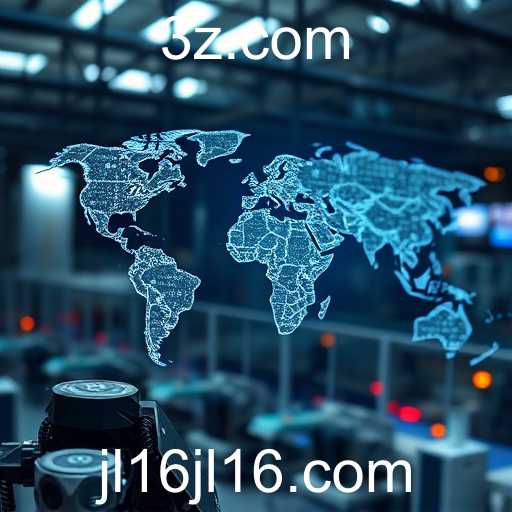
Impact of AI on Job Market: Global Changes

In 2025, the integration of artificial intelligence (AI) into various industries has continued to gain momentum, bringing about significant changes in the global job market. As businesses increasingly adopt AI technologies, the demand for human labor in specific sectors has shifted, prompting experts to assess the implications of this technological evolution.
Over the past few years, AI has advanced from a novel innovation to a critical component of business operations. From automation in manufacturing to algorithmic trading on Wall Street, AI systems are now crucial in performing tasks traditionally managed by humans. This shift has led to a dual impact on the job market: certain jobs are being displaced by AI, while new types of employment opportunities are emerging, necessitating a transformation in workforce skills.
A report from the International Labour Organization (ILO) highlights that while AI has automated routine tasks, demand for AI maintenance and development roles has surged. This shift challenges workforce sectors worldwide to provide training in new skills that help workers adapt to these growing industries. Governments and educational institutions are called upon to play a pivotal role in reskilling the workforce, encouraging a dynamic and adaptable labor pool.
In parallel, businesses leveraging AI report increased productivity and efficiency, contributing to economic growth. However, this productivity gain comes with challenges. Economic disparities might widen if only certain regions or socio-economic groups benefit from AI developments. Policymakers are urged to implement progressive tax policies and social welfare programs to mitigate potential economic inequality.
Another critical aspect involves the ethics of AI deployment in the workplace. As AI systems handle sensitive tasks, ethical considerations regarding privacy, data security, and bias have become more pronounced. Industries must address these concerns to maintain public trust and ensure AI technologies serve the greater good without infringing on individual rights.
The year 2025 marks a considerable juncture in the adoption of AI and its impact on the global economy and workforce dynamics. As businesses, governments, and educational bodies work collaboratively to address these changes, the focus remains on fostering an inclusive job market that harnesses AI's potential while addressing its societal impacts.
The Rise in Popularity of Digital Puzzle Games in 2025
Exploring how digital puzzle games, like those found through 'JL 16', have created a splash in the gaming industry during 2025.
Gaming Trends Revolutionize with JL 16
The gaming world is transformed by new technologies, with JL 16 pushing the boundaries of innovation.
The Rise of Online Gaming Platforms
An exploration of current trends in online gaming platforms and their impact on the industry.
 Skip to content
Skip to content





